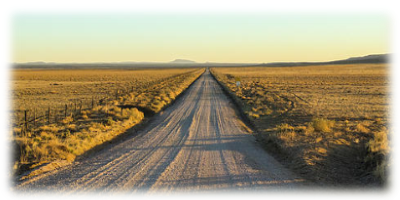A common question is, “Is it really helpful to look at the Hebrew words behind a translation?” While many will say, “No, the English is sufficient,” I have found that it is those who have no comprehension of Hebrew that say this. But those who know Hebrew, or have studied the Hebrew words of the Bible, understand that no translation can really convey the meaning of Hebrew words accurately. Case in point, in Biblical Hebrew there are multiple words for an object or animal depending on its function. By learning the meanings of these different words, deeper understanding of the text is achieved. As an example there are three Hebrew words for the moon.
- ירח (y’rey’ahh, Strong’s #3391 & #3394) is used in reference to its path in the sky as it comes from an unused root meaning “to follow a prescribed path.”
- חודש (hhodesh, Strong’s #2320) is used in reference to a “new moon” as it comes from the root word חדש (Hh. D.Sh, Strong’s #2318), which means “to be new” or “to be renewed.”
- לבנה (lavanah, Strong’s #3842) is used in reference to its “whiteness” as it is derived the root לבן (L.B.N, Strong’s #3835) meaning “to be white.”
In the case of the different Hebrew words for a path, road or street, the Biblical Hebrew language has many words; each with its own nuance of meaning that will help in interpreting the text.
- רחוב (rahhov, Strong’s #7339) is derived from the root רחב (R.Hh.B, Strong’s #7337), which means “to be wide,” so this word is used for a “wide” road, probably used for carts and wagons.
- דרך (derekh, Strong’s #1870) is derived from the root דרך (D.R.K, Strong’s #1869) meaning “to take footsteps,” so this word is used for “footpath,” or a trail.
- שביל (shaviyl, Strong’s #7635) appears to be derived from the root שבל (Sh.B.L, Strong’s #7666, but written as שבר), which means “to exchange,” as in trading and this word for a road is probably used for a “trade route.”
- נתיב (natiyv, Strong’s #5410) is derived from the root נתב (Ν.Τ.Β, which is not found in the Hebrew Bible) meaning “to tramp” and this word for a road is probably used in reference to a well-trodden path.
- מסילה (mesiylah, Strong’s #4546) is derived from the root סלל (S.L.L, Strong's #5549) meaning "to build up" or "to mound up" and this word for a road is probably used for a road that has been built up higher than the surrounding landscape, a highway.
- אורח (orahh, Strong's #734) is used in reference to a path that is frequently taken and is from an unused root meaning “to follow a prescribed path,” the same root word used for ירח (y’rey’ahh, Strong’s #3391 & #3394) meaning the moon.
- משעול (mishol, Strong's #4934) is a narrow path or a path in a valley.

Like what you’re discovering? Continue the journey from Bible reader to translator.
|






